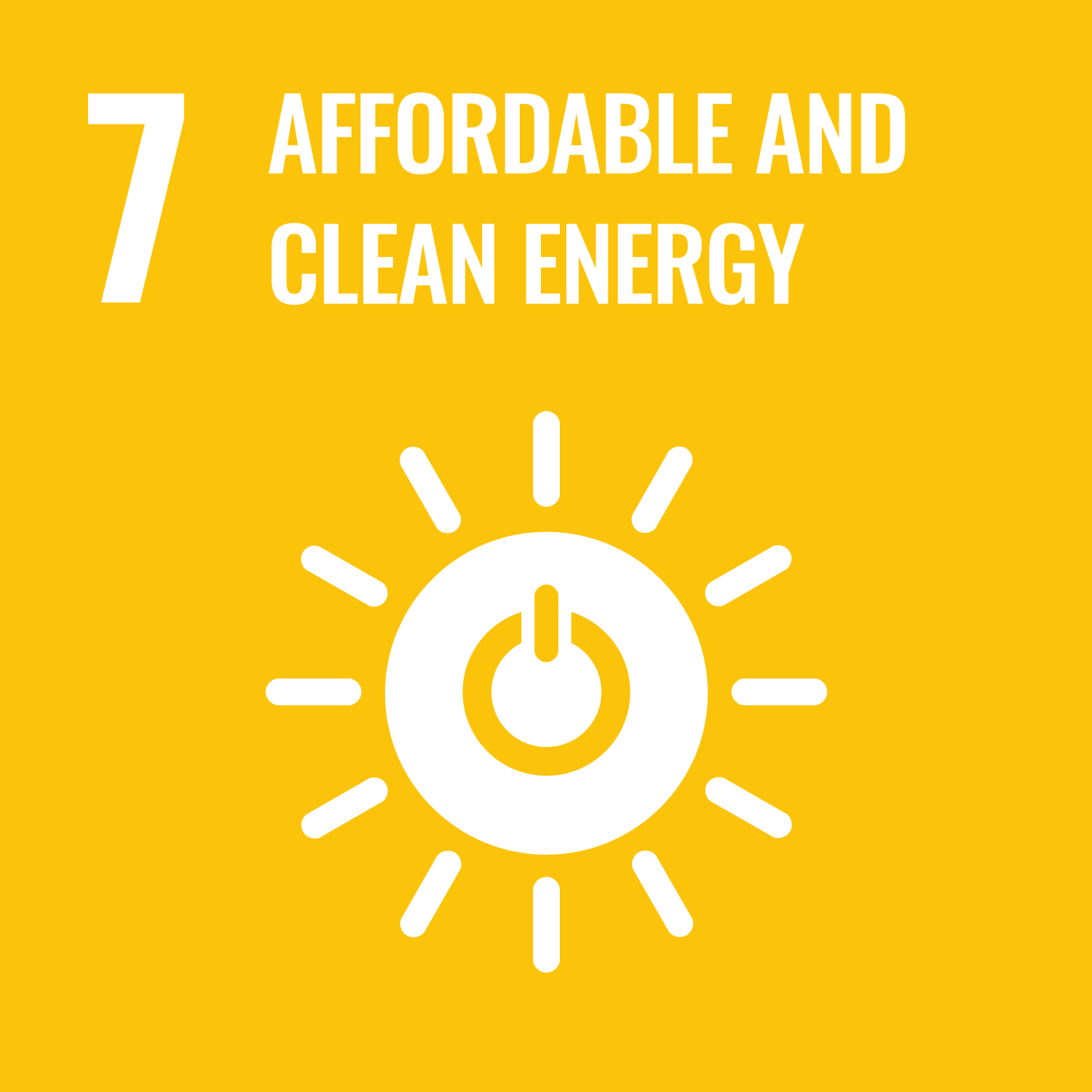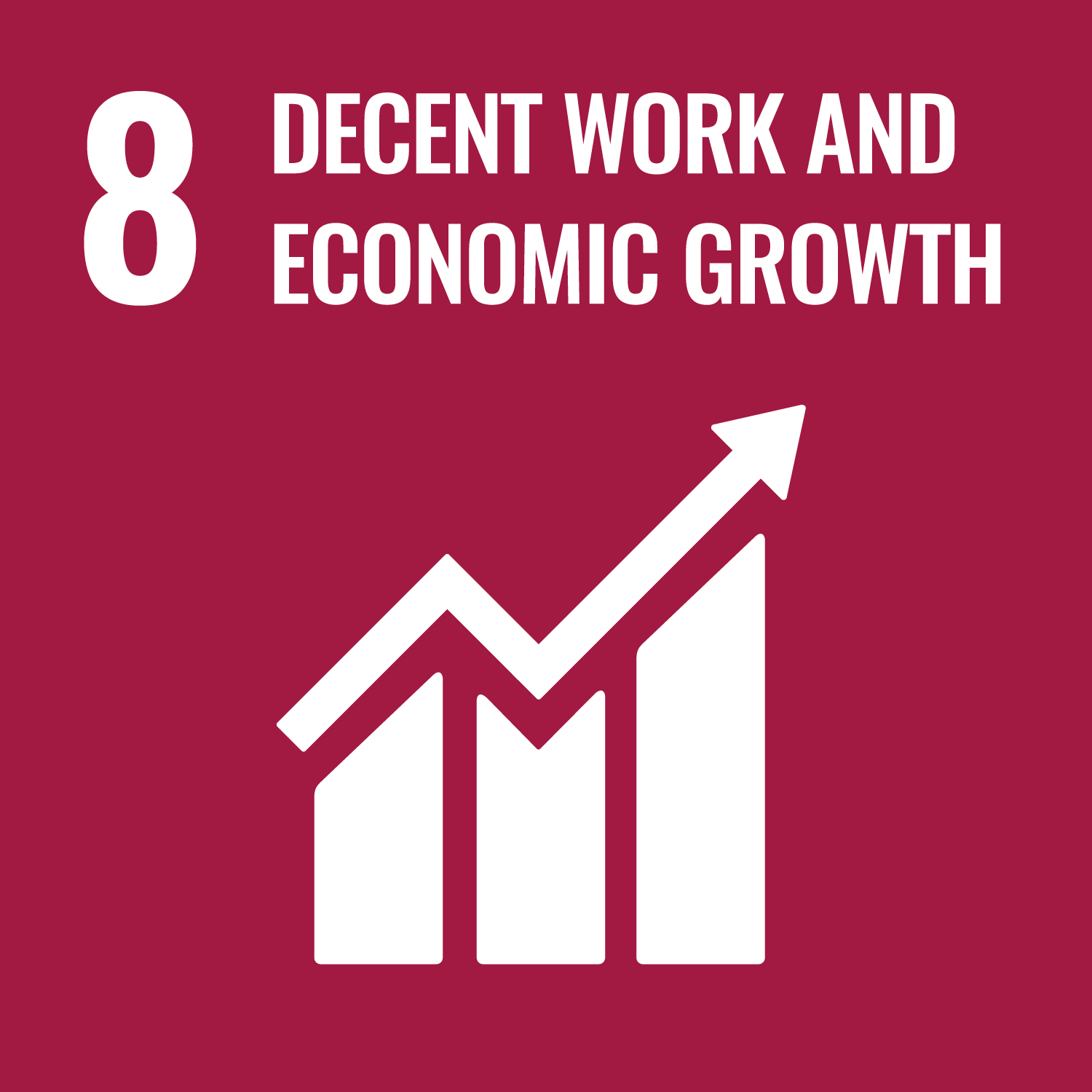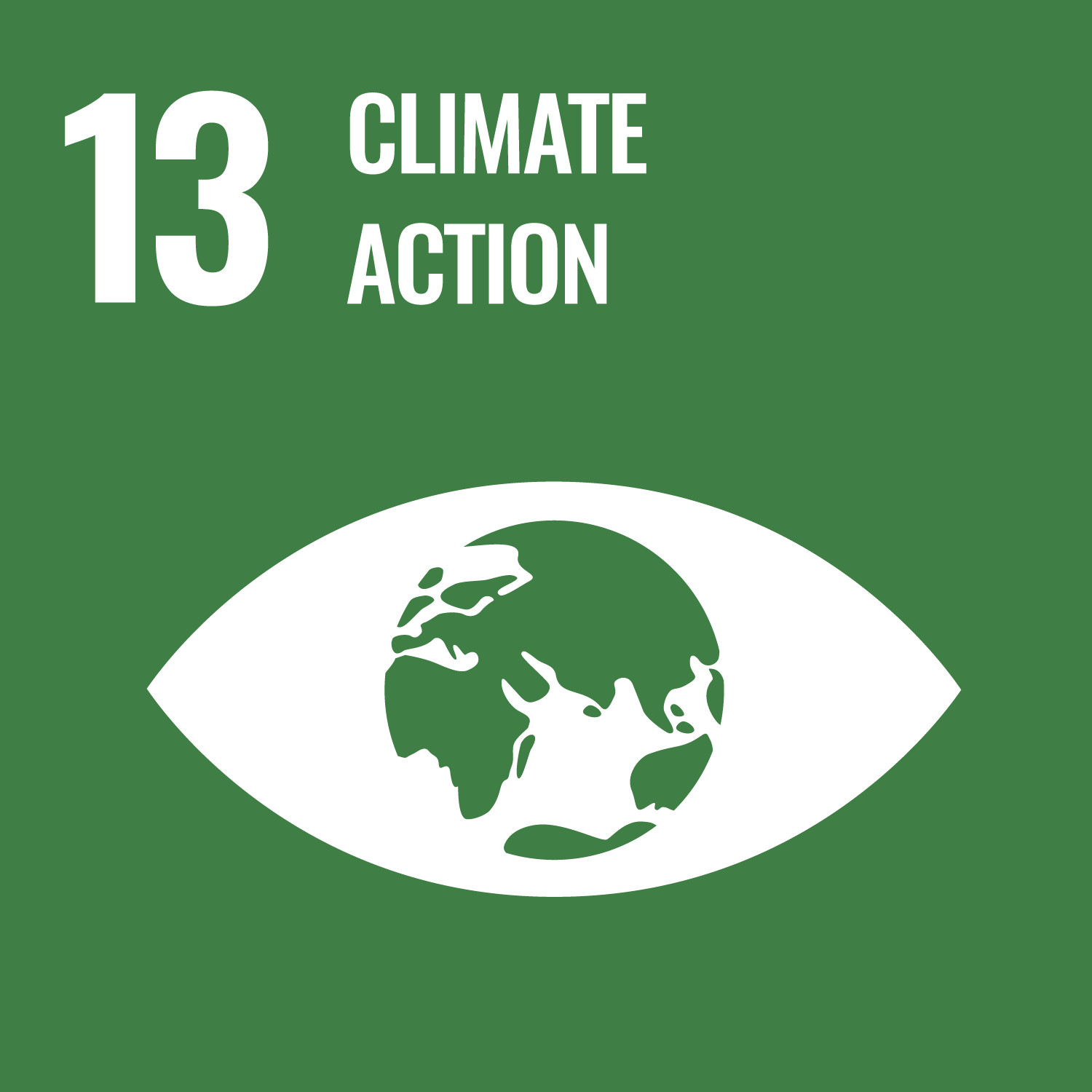PROJECT DETAILS
| Project Submission No. | S00749 |
|---|---|
| Project Title | Inner Mongolia Guyang Hongnijing 100MW wind power project |
| Project Owner(s) (as per PSF & LOA) | China Onecarbon Co., Ltd |
| Submission Date | 2022-06-24 |
| Global Stakeholder Consultation Period |
2022-12-22 to 2023-01-05 |
| Registration Date | 2025-01-07 |
| Sector | 1.Energy industries (renewable-/non-renewable sources) |
| Project Type | Wind Power |
| GCC/CDM Methodology & Version | ACM0002: “Grid-connected electricity generation from renewable sources” (Version 21.0) |
| Forecasted GHG Emission Reduction (tCO2e/Year) |
|
| Verified GHG Emission Reduction (tCO2e/Year) |
|
| Forecasted E+ Label | Yes |
| Verified E+ Label | Yes |
| Forecasted S+ Label | Yes |
| Verified S+ Label | Yes |
| Forecasted SDG+ Goals |



|
| Verified SDG+ Goals |



|
| Forecasted SDG+ Label | Silver |
| Verified SDG+ Label | Silver |
| Forecasted Market Eligibility | C+ - Pilot Phase |
| Verified Market Eligibility | C+ - Pilot Phase |
|
Location Details
Open Full Map
|
|
| Country |
China
|
|---|---|
|
Focal Point of Project Owners
|
China Onecarbon Co., Ltd |
| Email of Contact Person of FP (Primary) | 437213329@qq.com |
| Email of Contact Person of FP (Secondary) | fengsihan@live.cn |
| Project Verifier | Carbon Check (India) Private Limited |
| Documents for Global Stakeholder Consultation | Project Submision
Calculation Sheet Other Documents |
| Request For Registration Documents | Verified Project Submision
Verified Calculation Sheet Other Verified Documents |
| Request for Registration Form | Registration Form |
| Project Brief | Inner Mongolia Guyang Hongnijing 100MW Wind Power Project (hereafter referred to as “the project”) is a wind power project with total installed capacity of 100MW(AC). The project is invested and operated by Inner Mongolia Huachen New Energy Co., Ltd.The project locates in Hongnijing Xiang Shisanfenzi village, Guyang County, Baotou City, Inner Mongolia Autonomous Region in P.R. China. |
|---|
VERIFICATION OUTCOME
| Report (Public) | Verification Report (public) |
|---|---|
| Verification report date | 2024-12-19 |
| First Request for Registration Date | 2023-11-22 |
| Opinion | CCIPL was contracted by China Onecarbon Co., Ltd for project verification of the project activity “Inner Mongolia Guyang Hongnijing 100MW Wind Power Project”. The project verification was performed based on rules and requirements defined by GCC for the project activity. CCIPL has informed the project owners of the project verification outcome through the draft project verification report and final project verification report. The final project verification report contains the information with regard to fulfilment of the requirements for project verification, as appropriate. c) is not likely to cause any net-harm to the environment and/or society and complies with the environmental and Social Safeguards Standard, and therefore requests the GCC Program to register the Project Activity, which is likely to achieve the requirements of the Environmental Nonet-harm Label (E+) and the Social No-net-harm Label (S+); and |